Make Believe Melodies Favorite Japanese Albums 2020: #50 - #31
Into the top 50! Best viewed on site, not email!
#50 Nemuigirl NEONPOP
What better way to start this half of the list than with a bedroom project capturing a bunch of the musical trends that will define many of the albums ahead? Duo Nemuigirl bill themselves as a Gen Z group influenced by netlabels, techno and new wave music…along with bouts of insomnia. Like the Vocaloid community of yesteryear (or, like, Kenshi Yonezu) they also handle every element of their art, from production to artwork to videos. All solid bullet points to incorporate into a larger argument, but thankfully NEONPOP sounds great, finding a balance between uneasy rap-pop tinkering (“From City Girls”) to out-the-gate synth-pop goodness (“Rainy Secret”). Get it here, or listen below.
#49 Boogie Idol Mihon No Seikatsu + Digital Tequila Sunrise ~ Boogie Idol Overtures ~
It would not be a Make Believe Melodies’ year-end list without Boogie Idol, who continues to mine history’s used-VHS bin for inspiration en route to shimmering synth-pop. “Global pop” became enamored with retrowave flourishes over 2020, making Yuuta Watanabe’s embrace of off-trend sounds all the more welcome and interesting…to the point his second release of the year primarily featured under-a-minute overtures. Whether creating longer tracks or keeping it short, Boogie Idol’s music remained playful and emotionally rich (plus…funny! “How To Do A Burpee!”). Get them here, or listen to the second one below (because the first embed just played automatically and I understand that could be jolting for folks, hit the link!).
#48 ItoShin BABY
I ended up turning nocturnal in the fall of 2020, pushing way past midnight on a daily basis to get work / writing done. It wasn’t a healthy approach to living — sleep, it’s great, try it out! — but I at least had ItoShin’s BABY to help keep my body moving along through the GMail queue. Released by the consistently solid Fruit Parlor Records, this eight-track set hop-scotches from house euphoria to sweltering techno to the merger of dance music and Bruce Lee samples, which offered some nice post-midnight motivation. Get it here, or listen below.
#48 Kaede Ima No Watashi Wa Kawari Tsukute Anogoro No Watashi De Irareteru + Aki No Wakusei, Heart Wa Night Blue
City pop remains the easiest gateway outside of anime for listeners beyond Japan to get into the nation’s music scene, as evidenced by a particularly charming TikTok challenge. Within the country’s borders, though, it exists as this musical root responsible for a lot that bloomed up after its Bubble heyday and as a genre to revisit and play with. Idols Negicco delivered one of the best numbers in their catalog with a single merging the neon-tinge of the style with some netlabel blur, but group member Kaede’s two solo releases do an even better job showing just what is possible with it. Her first full-length album arrived at the very start of the year — literally, January 1 — and found her working with a wide range of contributors to craft ballads (usually a personal minefield, but done so sweetly and understated here that my cynical heart was won over) and more uptempo pop songs nodding to the sounds of yesteryear, including an especially sticky collab with Taiwanese band Everfor reminding of how city pop has become a go-to sonic palette on the continent. Her follow-up mini-album eschewed variety in favor of consistency, Kaede linking with folk-pop band Lamp for a set in the “New Music” vein of early Taeko Onuki, with all the sentimentality in tact. Across these two works, you could hear something approaching a compact history of city pop, and examples of how it can still surprise. Listen below.
#47 Kan Sano Susanna
This is not the last time you’ll be seeing Kan Sano’s name pop up on this list — along with Shin Sakiura, he proved to be the year’s most important behind-the-scene force in J-pop, penning highlights for idols and burgeoning pop stars alike. Susanna lets the spotlight linger on him, at his catchiest and wonkiest equally. “Good Luck” finds Sano playing funk pied piper, laying down one of his stickiest melodies of the year, and he picks up the pace even more on “She’s Gone.” He’s smooth on “On My Way Home,” and happy to go full robo on the delirious “DT pt.3,” him at his most experimental (but, still, horned-up). The moments Susanna hits on both, though, are the high points, such as the stomp-and-skitter of “You And I” and the cyborg pop of centerpiece “Ash Brown.” The whole album shows off Sano’s strengths, but these instances underline why he’s become in demand. Listen below.
#46 Sonic Module Tech-Trad
Tech-Trad is throwback that doesn’t feel too nostalgic, reverent to yesteryear without feeling like a bad cover version. Sonic Module makes their influences clear — Kraftwerk, Yellow Magic Orchestra, a whole generation of “techno-pop” born by rhythm boxes and synthesizers available to the masses rather than something you had to convince customs wasn’t a weapon. The rigid beats and Euro-glazed vocal samples dot this just-under-20-miunte release, and while they nod to the birth of the digital age they showcase plenty of immediate pleasure, from the talk-box-accented chug of “Just Like A Magic” to the computer joy of highlight “Digital 80’s.” The elements making up Tech-Trad might be well worn, but they prove to still be every bit as effecting in modern times. Get it here, or listen below.
#45 Metoronori Evenings
Welcome to installment one of three in “the futility of list season, 2020 edition.” This year t-boned music writers looking to beat the content rush with an especially great set of December releases — I think for most people that is represented by Whole Lotta Red —and that might have been even more true for Japan. I, humble Substack user typing away at this well after I tossed out my old calendar, can’t deal with the sudden deluge of stuff that came out in the last month — like, a netlabel-meets-virtual-idol compilation, just getting in under the wire??? Not fair!
Metoronori’s Evenings is the first of a trio of albums arriving in December that I’m, nevertheless, putting on this list despite not spending nearly enough time with them yet to truly get a sense of what they are all about. Two years on, this could be top-five material — one of Tokyo’s most fastidious creators once again crafts her own sonic world full of whispers and sudden musical turns, transforming pop structures into something far more slippery. A little too early to say this, but Metoronori sounds better vocally here than she ever has, mastering how her singing can wrap around these off-kilter melodies without losing that human sweetness. Let’s come back to this one in 2023…for now, let’s appreciate another work from her that feels like a portal into a place out of time. Get it here, or listen below.
#44 XTAL Aburelu
It’s good to challenge yourself. Electronic producer XTAL has dabbled in a little bit of everything over the last decade, whether crafting throwback funk with Jintana & Emeralds, updating city pop with the electro outfit Sssurrounddd, or doing more left-field pop alongside Jun Kamoda in Illreme, plus solo experiments. How do you stay fresh? Impose impose impose. Aburelu wows thanks to limitations XTAL set on themselves, from no percussive instruments used to keeping every track at a maximum of three minutes (though…XTAL passes that on a few, but hey, if you don’t break your rules sometimes, are you really having fun?). The end result is dizzying creations where layers tumble over one another, at times speedy but just as often bordering on ambience (“Kakela”) or…shoegaze (the especially resonate “Yulan”). Less can be more in the right hands. Get it here, or listen below.
#43 Yackle 2020
All respect to Yackle, but the strength of sophomore album 2020 lies in its guest list. Not to spoil too much, but 4s4ki and Saint Vega are names you’ll be seeing higher up in this personal ranking, but on their respective appearances they offer bite-sized versions of what makes them some of Japan’s brightest young artists. Really, all of Yackle’s latest doubles as a snapshot of a new generation of Japanese creators pogoing between rap and pop to create an exciting wave that will hopefully crest as the next few years come into view. Credit, though, to the producer for knowing how to work well with these voices…and knowing to keep a little distance so they can shine. Listen below.
#42 Phew Vertigo KO
Of course Phew’s leftovers make for a strong unified collection! The songs on Vertigo KO were gathered from the sessions for her last two triumphant full-lengths, and echoes of those releases come through, whether from the lurch of “Midnight Awakening” or the voice-only haunting of “Let’s Dance Let’s Go.” What makes this more than an especially memorable set of unreleased tracks, though, are the moments where the experimental legend stretches out a bit, specifically on the slower burning “The Very Ears Of Morning” and “The Very Ears Of Dusk.” For all the jitters she can generate in song, these remind of a warmth that radiates through as well. Get it here, or listen below.
#41 Various Artists Subscription Double Suicide =Zero=
“Not a scene document, not a label sampler, and not a showcase for a collective,” goes the description for this compilation, aimed at capturing independent creators from across Japan even if they are operating in their own little worlds. Yet their is a lot connecting the artists featured here, extending way beyond their status as working away from established labels. EM Records has correctly spotlighted a burgeoning new wave of left-field pop acts blurring the lines between all sorts of genres, running from former Jesse Ruins mastermind turned abstract beatmaker CVN to Kansai’s Pure Voyage crew (Dove and Le Makeup, offering up confessional dance-pop) to the fever dream folk-EDM of Kyoto’s LIL SOFT TENNIS, who tightropes the genius and the obnoxious as well as anyone (for more, listen to his solo releases this year). Here’s a snapshot of Japanese independent music in 2020 in all its glory, and the best single comp to start with. Get it here, or listen below.
#40 Eve Smile + Kaikaikitan / Ao No Waltz
No musical community has proven more important to Japan in the 21st century than the Vocaloid scene, going from an online oddity to the birthplace of some of the nation’s most ambitious pop stars. What made Eve — a creator from that world who is as big as your YOASOBI’s and ZUTOMAYO’s, but also feels overshadowed by them despite being the one act who has been a staple on international subscription streaming charts this year — such a standout in 2020 was how they synthesized so much more into their sound. Smile latches on to the malleable idea central to Vocaloid and applies it to the human voice, Eve allowing their own delivery to multiply and crackle on songs such as “LEO,” turning it into another instrument that’s still just delivering all the emotionally wrenching lyricism J-rock demands. They channel the intricate jazz-adjacent structures of Soutaiseiriron without the monotone singing, flipping the go-to reference point for modern rock in Japan on its head. I think part of my enjoyment of Smile and the subsequent mini-album after is how it rejects the smoothness of “neo city pop” in favor of melodic fireworks, best showcased on the heart-shaped cherry bomb “Kokoroyoho,” as perfect a snapshot of attraction and pop you could ask for. Listen below.
#39 Soshi Takeda Memory Of Humidity
Japanese summer gets a bad rap. Yeah, it’s sweltering and impossible to leave the house without a towel, but it’s still the best time to get out, see the outside world, enjoy a beer while walking through the park and just generally soak up the good vibes. Are you going to do that in winter? Get the fuck out of here. This longing for heat and the general slow-motion pace of life it prompts shapes Memory Of Humidity, Soshi Takeda’s COVID-19 answer album as most people spent the bulk of the warmest season stuck inside. Yet this isn’t pandemic pop, but rather a thought exercise using the year of indoors to look back on youth gone by, when simply making the most of the high temperature even if that meant doing nothing at all was a joy. The music matches the mood, mid-tempo guitar and drums brushing up with synth breezes, sometimes wading into a sonic atmosphere not far from vaporwave but with none of the internet-isms hanging over it (“Lure Fishing”). Lurking in all this simplicity, something deeply heartfelt. Get it here, or listen below.
#38 Gezan Klue
What can you do with your voice? If you’re Gezan’s Mahito The People, you can deliver revolutionary ASMR, take part in what sound like group incantations, push through guitar freak outs and chirp like a possessed bird, among other things. How the band deploy their vocals — and, uh, general mouth noises — transforms the trance of Klue from pit anthems to one of the most psychedelic experiences out of Japan this year. I also can’t think of an album hurt more by lack of live shows — partially because I want to see just how they do this in a livehouse — but the all-together-now energy spiked by some direct political slogans (“Free Refugees / right now, right now”) offered a communal experience in album form that could feel like discovering a really cool cult. Get it here, or listen below.
#37 uami x botsu Odoru Kaen EP
Forget HyperPop…give me pop that feels like it is hanging on by dollar-store tape and some chewed-up gum, and the people piloting it are trying to crash it into a mountain like evil Pilotwings. The pair of uami — a Fukuoka bedroom artist — and botsu —one part of trio Dos Monos — come together to volley beats back at one another, practically sounding like they are figuring out what to do with these things in real time. The prior sings-speaks over them, while the latter flips out with his raps, hollering about Joni Mitchell and animation. It’s madcap, swinging between smoothness and abrasion, sometimes on the same song. It’s also playful as hell, and a highlight reel for two talented creators who have been shining online over the last couple of years, curious at just how they can mix. Get it here, or listen below.
#36 Oomori Seiko Kintsugi
Welcome back to the dilemma of December drops, part two, subtitled “Let Us Make Some Big Assumptions About How An Album Will Grow On A Single Listener.” Oomori Seiko has been keeping busy — writing books, collaborating with her idol heroes, creating her own idol group — to the point where I wondered if she would get around to her solo work at all given what looks like a hectic schedule. Yet here is Kintsugi, arriving at the end of the year and finding her in more dramatic terrain. I’m hedging my bets placing this one here, because of the three December releases crashing this list, this requires the longest digestion, personally. The highlights hit immediately though — the epic slow-build of “Night On The Planet,” the dash of “Anti Social Princess,” the wota rave-out of “Cunning Heel.” So, lets see how it grows, but the central Oomori-ness is there. Listen below.
#35 Tofubeats TBEP
Man, what a fun little EP. Like a lot of us over the last four years, Tofubeats spent time touching on the deterioration of the internet (Fantasy Club) before buckling down to make his big me-in-the-center pop album (Run). Dude has earned a chance to loosen up, and TBEP gives the Kobe producer the opportunity to dive into the world he loves, constructing acid-soaked house tracks with titles like “Somebody Tore My P” (what’s the P?????). Lead number “Conspiracy Theory” rides guitar lines and horn blurts all the way to a gooey verse about how someone is conspiring…to get Tofubeats dancing all night long! Like all pastimes taken for granted at the start of 2020, though, TBEP enjoyed a totally unintentional shot of melancholy thanks to “Club,” his ode to going out complete with playful interludes focused on somebody thinking if they should head out at all…that morphed into a wallop of track after everyone even lost the ability to internally debate hitting up a venue (capitalized on by the video, the best of the year and one that genuinely makes me all tingly). Listen below.
#34 Reol Kinjitou
J-pop caught up to Reol in 2020. When I talked to her in 2015, she was emerging from the Vocaloid scene with her first album, but eyeing bigger things and absorbing Western pop. “I want to be more international… and bigger. If I’m going to do this, I’m going to go big.” Big she has gone, embracing the air of a popstar while still channeling the creative mindset of the community she came up in…which most of J-pop shifted to. With Kinjitou, she was already a step ahead. Building on her 2018 EDM-doused offering, Reol went even more high-energy here, slamming rap with electro-pop and creating disorienting bangers like “Hype Mode” showcasing her pinballing sonic approach and her ever-growing vocal ferocity (tidbit from 2015 — she told me after the interview she was immersing herself in Nicki Minaj’s work, and that comes through here). While largely sticking with longtime producer Giga to craft the busy club-rush helping her zoom around, she also calls on Hidefumi Kenmochi (Suiyobi No Campanella, remember his name) and Masayoshi Iimori (Trekkie Trax, remember his name too) to round out her sound. It’s confident, clattering and swaggering in a way few J-pop releases are, but in line with how pop played out over 12 months.
Why it isn’t higher? Because she followed that up with her best single to date, showing she’s only shooting bigger. This is just a step. Listen below.
#33 Haru Nemuri Lovetheism
The musician behind Make Believe Melodies’ favorite album of 2018 lost none of the intensity that helped make that collection so bracing and thrilling. If anything, Lovetheism upped the sonic stakes, opening with horns and strings on the marching “Fanfare,” before hitting on the familiar soul-bearers she attracted so much attention for the first time around, screaming her vocal chords out on “Trust Nothing But Love” while deploying her sing-rap delivery at a rapid clip on “Riot.” Along the way, Lovetheism allowed her more space to experiment, slowing the pace down slightly on sweeter moments such as “Apple Song” (check those piano melodies lurking in the back) and plays with new electronic flourishes on the title track. It was a reminder of her power, while also capturing an artist building towards the future. Get it here, or listen below.
#32 Foodman Dokutsu EP
Foodman remains the most charming experimental artist in Japan, and he is every bit as fascinated with what sound is capable of. Dokutsu’s EP size allowed him room to experiment more than he usually does — surprising, but true — resulting in a playful set of tracks riffing on dance music, techno and what sounds like African rhythms. It’s as warm and inviting as ever — opener “Kazunoko” beckons you forward to hand you a nice blanket and pillow — while seeing Foodman pushing beyond his boundaries…which are already way out in the deep. Get it here, or listen below.
#31 Kotonohouse Synchronicity + Various Artists Jerseyclub Re:Bible
Alright, I swear to you, this is the only blurb about COVID-19 intersecting with feelings.
Year-end list season saw a lot of writers turn to quarantine-born ideas of “listening together, alone” and “missing the shared in-person experience” to navigate their lists…which lead to an inevitable, cynical snapback at this decision. Which…I get. Besides quickly turning cliche, there’s more important things at stake during the pandemic than how we perceived Ariana Grande. And yet…like, it really does stink that the chance to get together in a single place and just lose it to music feels an eternity away. I live in a country where the recent record-high number of cases matched that of what Connecticut recorded on Monday. But I haven’t been close to a club in 2020, and I don’t see when I would consider it. And it has bummed me out, even though I know it’s right.
These two albums have provided me with the same jolt of energy a great night out at a place like Lounge Neo (now out of business) provided — constant push, the chance to move, scream-along singing. The link between them is Kotonohouse, a producer who had a massive year, both via their production work for others (stay tuned), contributions to comps like the rollicking Jersey Club set highlighted here, and over the course of Synchronicity, a constant charge of dance-pop anchored by vocals from the likes of Punipunidenki, Toriena and more.
(Also these are linked because I miscounted my “top 50” and ended up with 51…and these two seemed like the only set of albums that could go together. Whoops, pay attention during math class everyone!)
I try not to be too sappy about not seeing live music in nearly a year now…that’s nothing, and nowhere near what most people have had to deal with. Yet there’s still a hole, and while I get the urge to snark at it I also feel the emptiness there, and the anxiety of wondering if that’s an activity that is even worth it, even in a post-COVID world. The type of music on these two releases — netlabel-influenced dance and Jersey Club, a style a lot of Japanese producers have embraced while understanding its origins — have never failed me at a party, and giving in to their rush offers something approaching normalcy. Listen below.






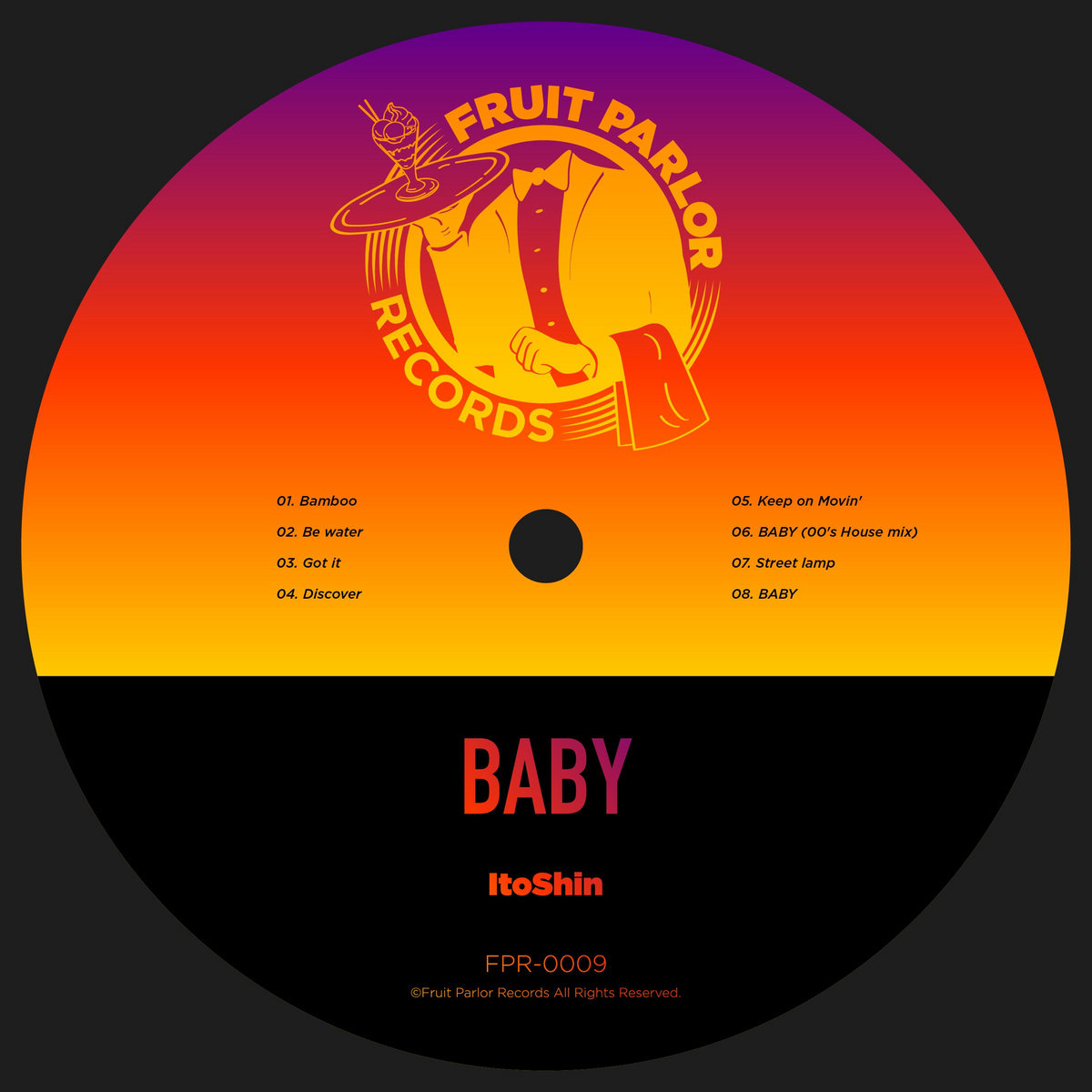





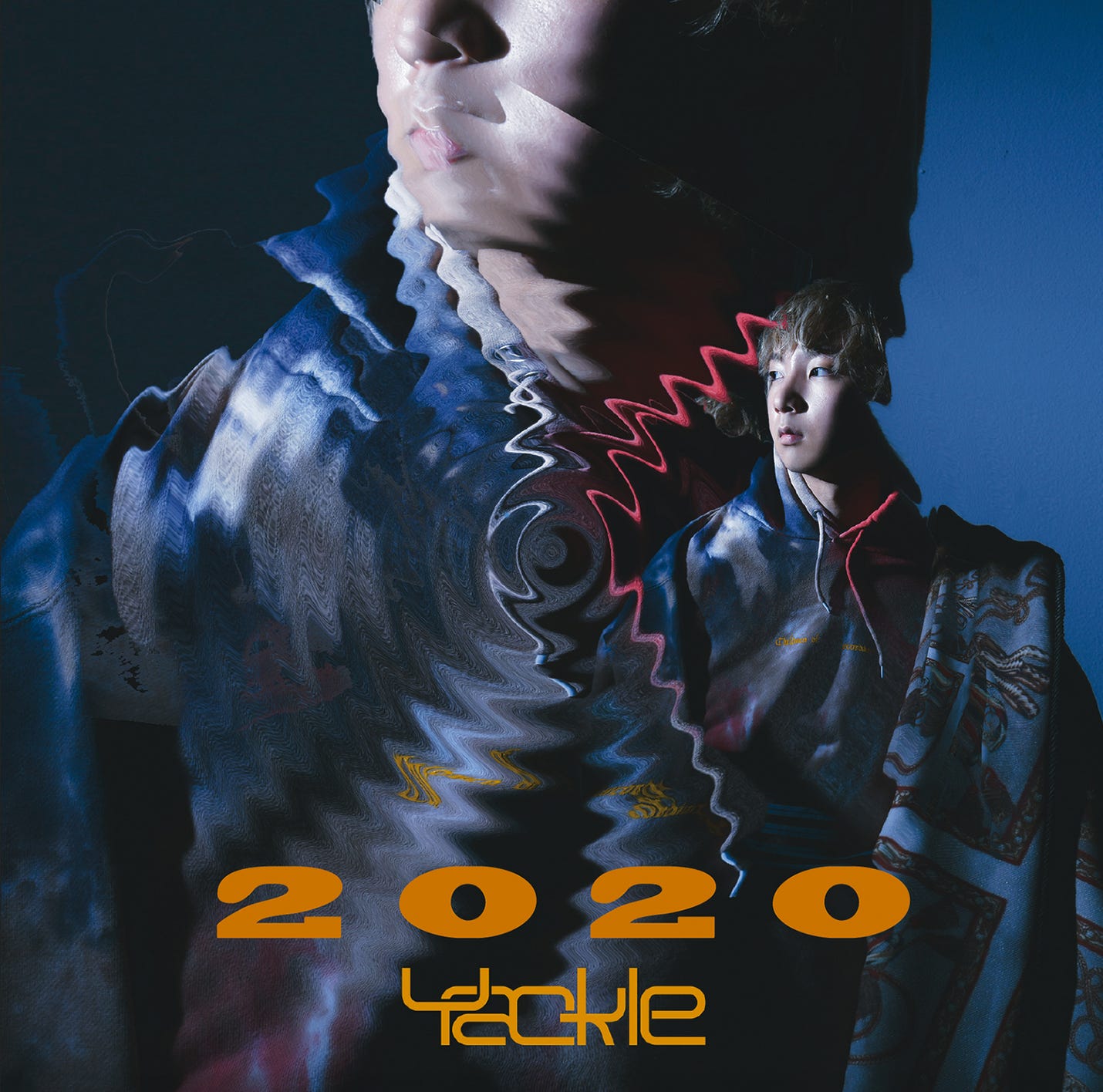



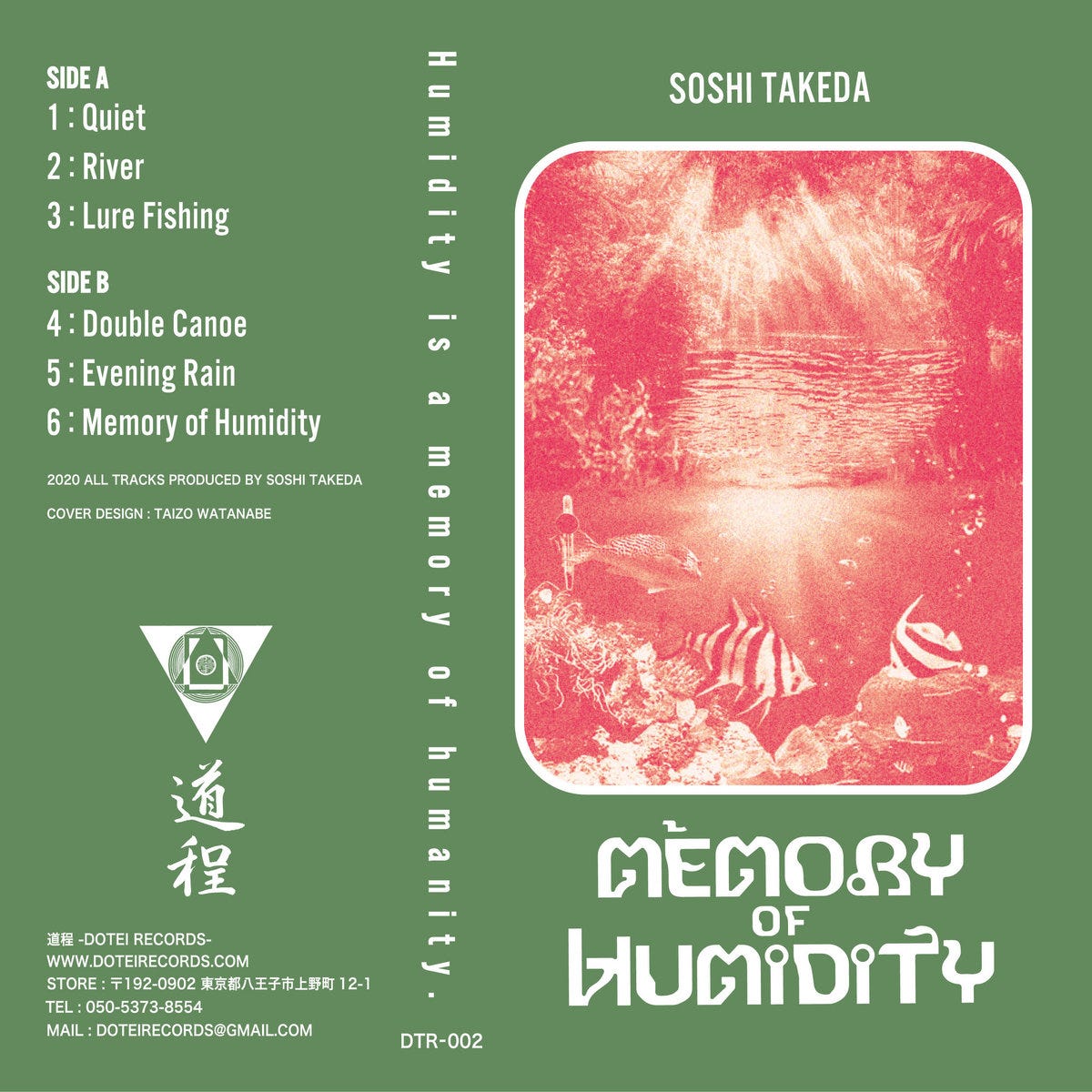
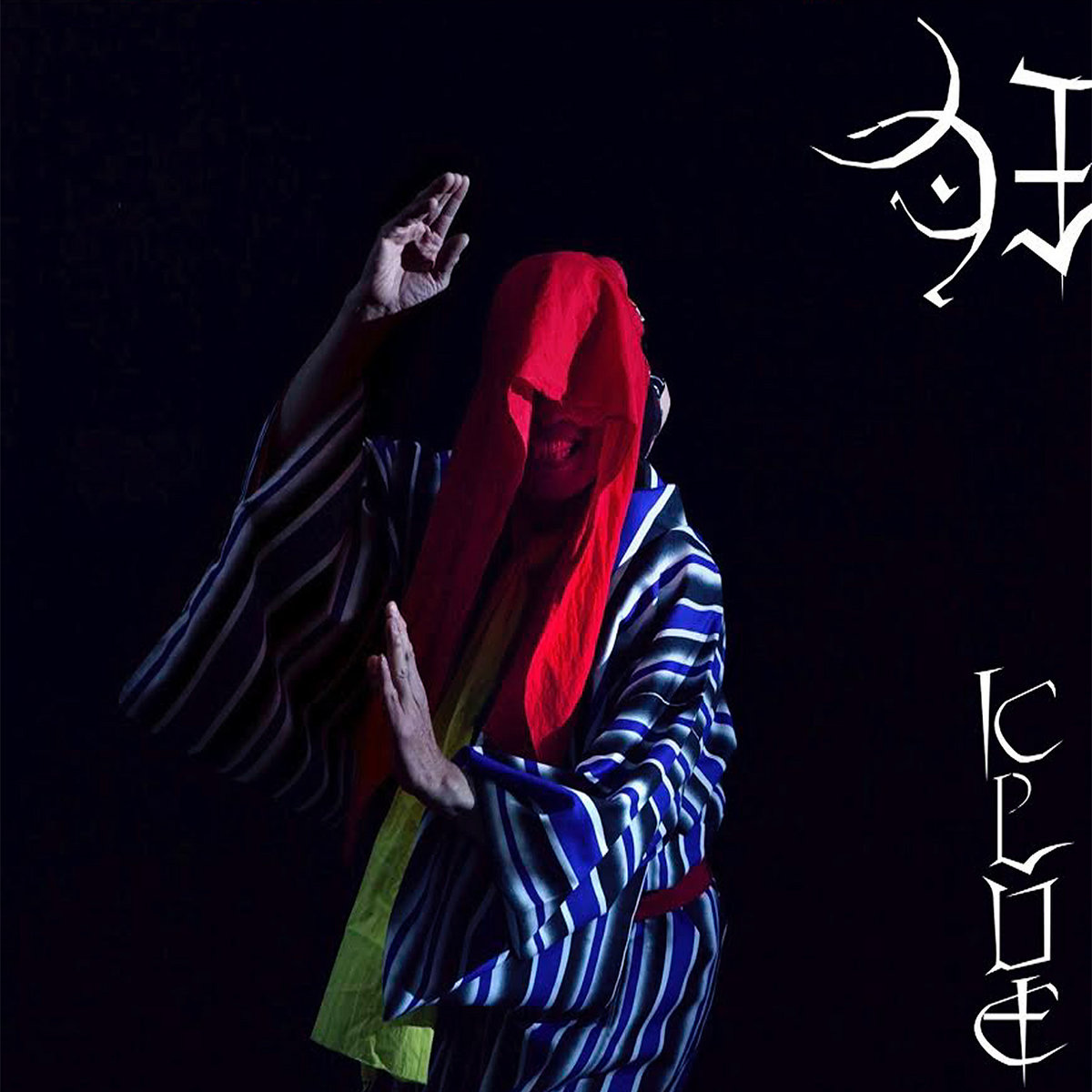
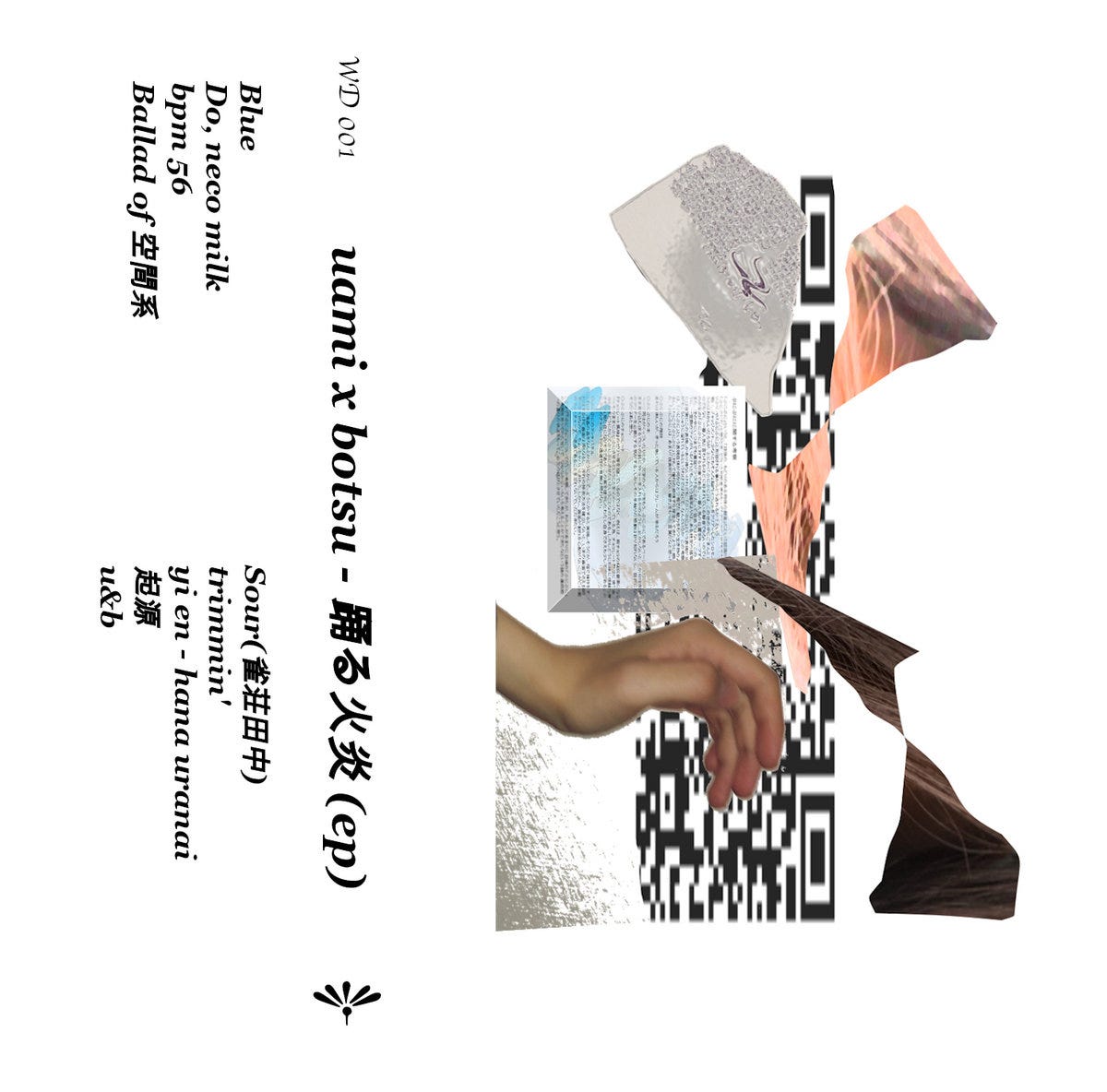



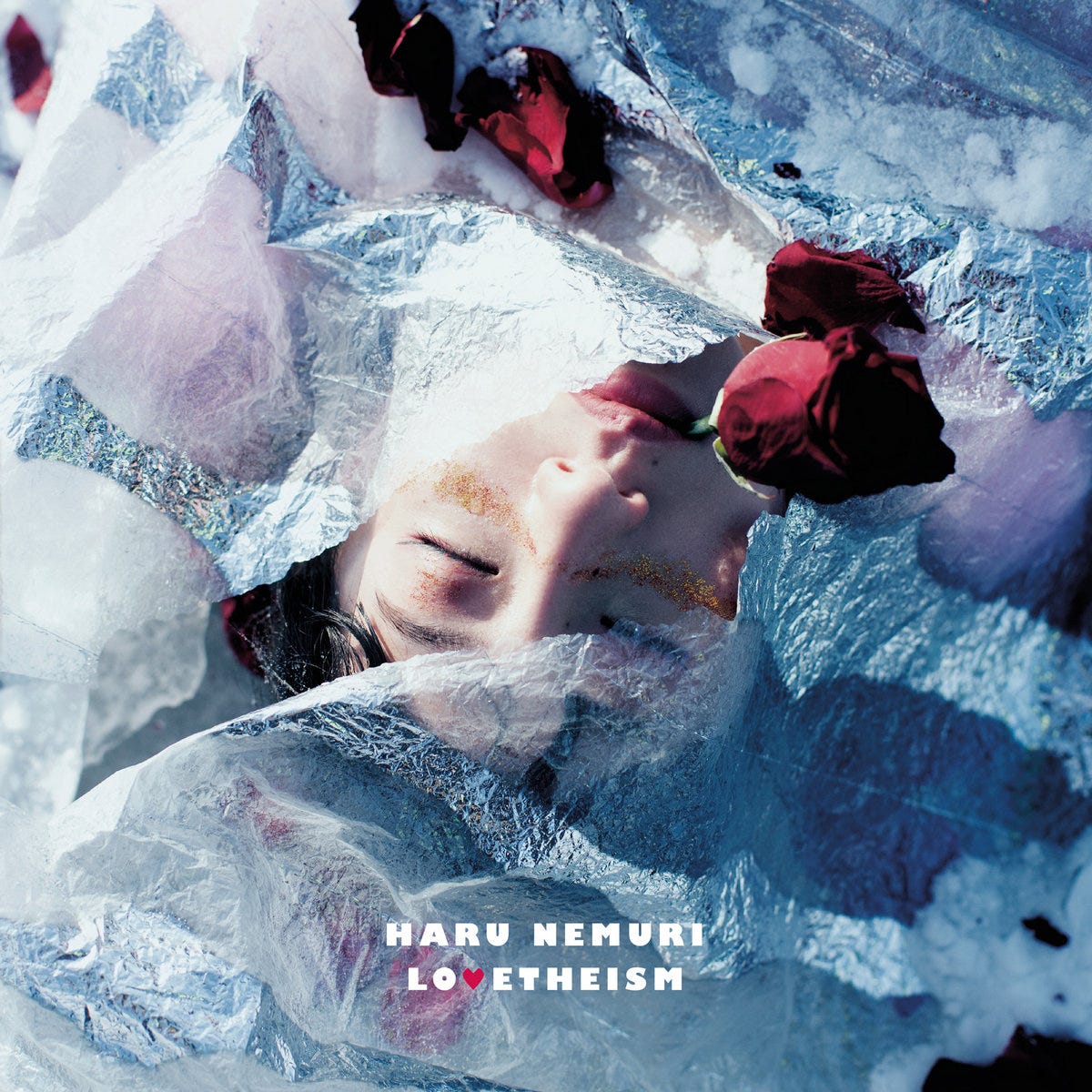


So much great music already. And you’re only up to #31! Oomori Seiko’s album has been on repeat.
Seeing Haru Nemuri’s record here just reminds of seeing her live in London and how much I miss that feeling. She’s extraordinary.